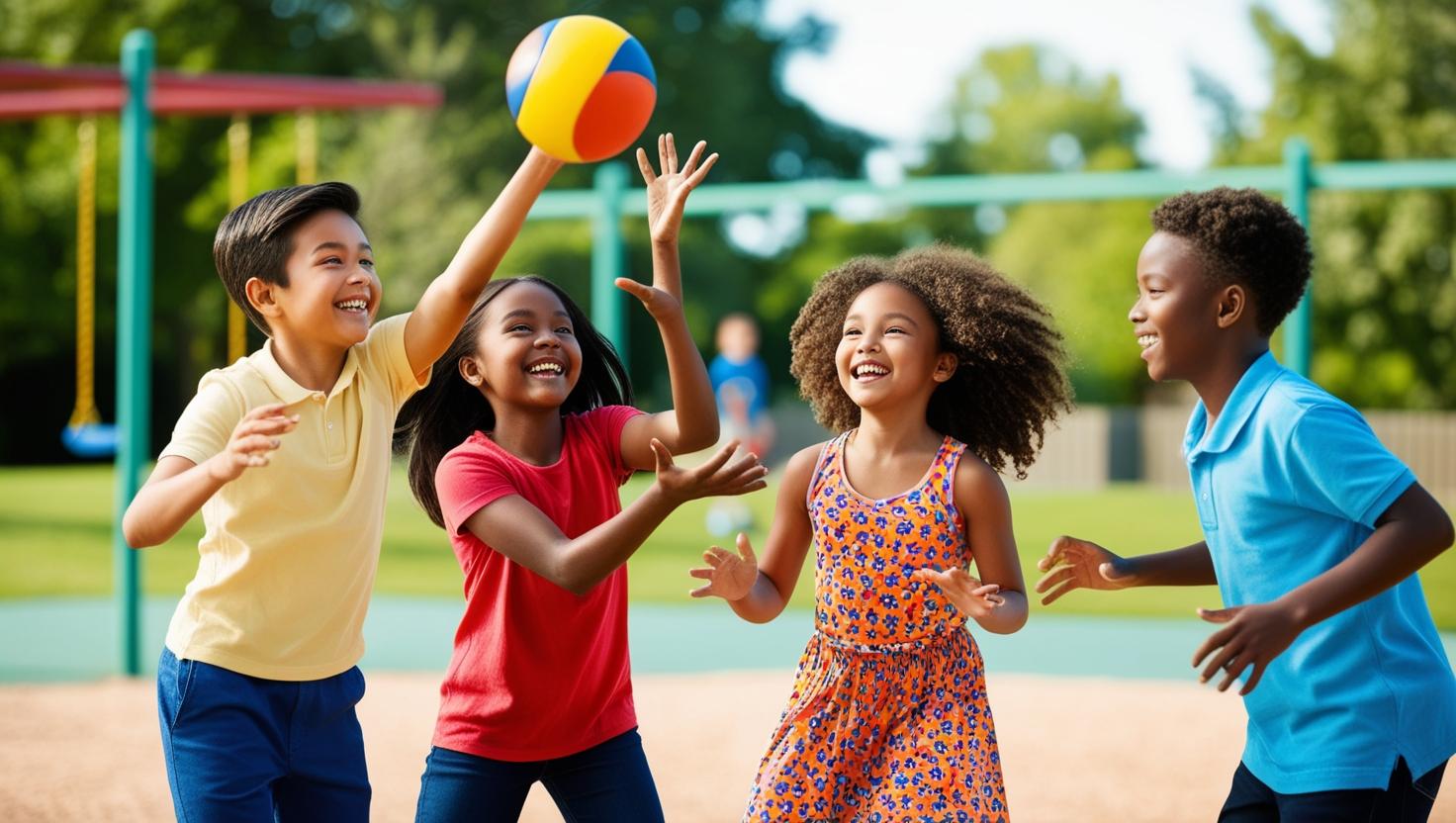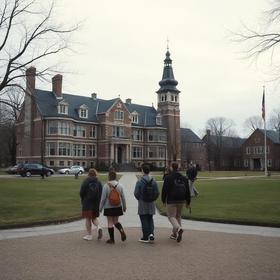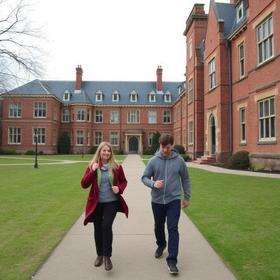International Boarding Schools: Africa
Hardly a day goes by without an inquiry on our Boarding School Review Facebook page asking about schools in a particular city or region of Africa.
- These inquiries can be as general as "I'm looking for a school to attend."
- Some people want to send their child to a boarding school but are concerned about the cost. " need a boarding school...cheap and affordable boarding school."
- Some ask for schools in a specific location. "Any boarding schools around Mafikeng?" (Mafikeng is the capital of the North-West Province of South Africa.) "I'm looking for a place in Form 3 in any boarding school in Zimbabwe."
With those inquiries in mind, here are some resources to help you find private schools in Africa.

The Independent Schools Association of Southern Africa
The Independent Schools Association of Southern Africa (ISASA) bills itself as "the largest association of independent schools in South Africa and the Southern African region." Its website has an easy-to-use school finder.
Association of International Schools in Africa
The Association of International Schools in Africa (AISA) describes itself as "a collaborative learning community of accredited, internationally minded schools in Africa, which provides targeted services and relevant resources, facilitates innovative programmes, and connects people."
Its website contains a directory of over 80 member schools in Angola, Botswana, Burkina Faso, Cameroon, Cote d'Ivoire, Eritrea,




















